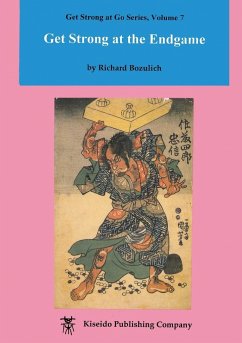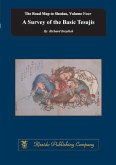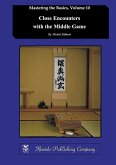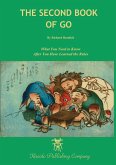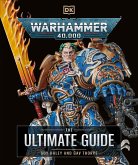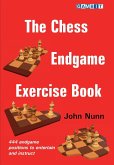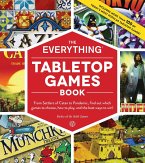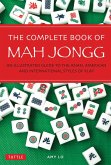How do you win a won game? How do you win a lost game? Study the endgame! More specifically, study this book and you will really get strong at the endgame. It would be an exaggeration to say that most games are decided in the endgame, but there is no question that a great many upsets are pulled off at this stage. Players often come out of the opening with a clear lead, only to see it dwindle away in the endgame. On the other hand, if your opening and middle game are not so strong, the surest way to stage an upset is to become a strong endgame player. You will also find that the key to winning handicap games with white is not necessarily to study handicap openings and josekis, but to get strong at the endgame. The endgame is the most difficult part of the game to play well, but this book makes it easy. It starts out with a 42-problem test. Unless you are already strong at the endgame, expect to do badly. But after studying the 120 endgame-tesuji problems in Part Two and the 101 endgame-calculation problems in Part Three, you should have no trouble scoring close to 100% on this test. At that point you will be anxious to try out your newly developed skill with your go-playing friends at your local go club or on the Internet. The book ends with 28 problems on 11x11 boards which illustrate the interplay between different-valued endgame moves in realistic situations. Studying these problems will help you understand when to forgo sente moves for gote moves or when to go on the offensive with a sente move.
Hinweis: Dieser Artikel kann nur an eine deutsche Lieferadresse ausgeliefert werden.
Hinweis: Dieser Artikel kann nur an eine deutsche Lieferadresse ausgeliefert werden.

